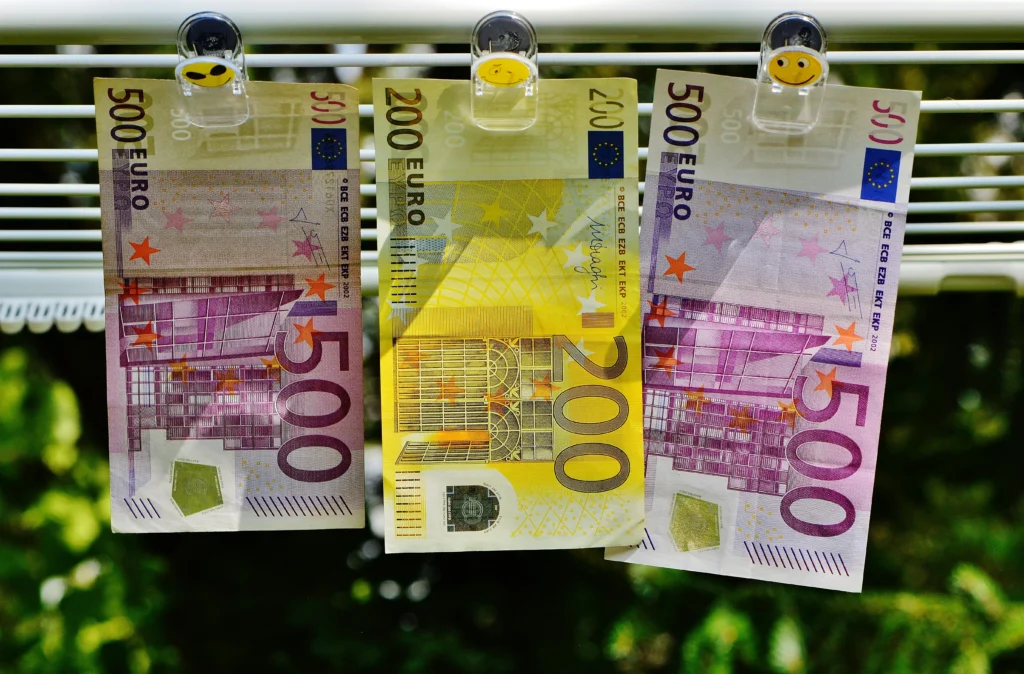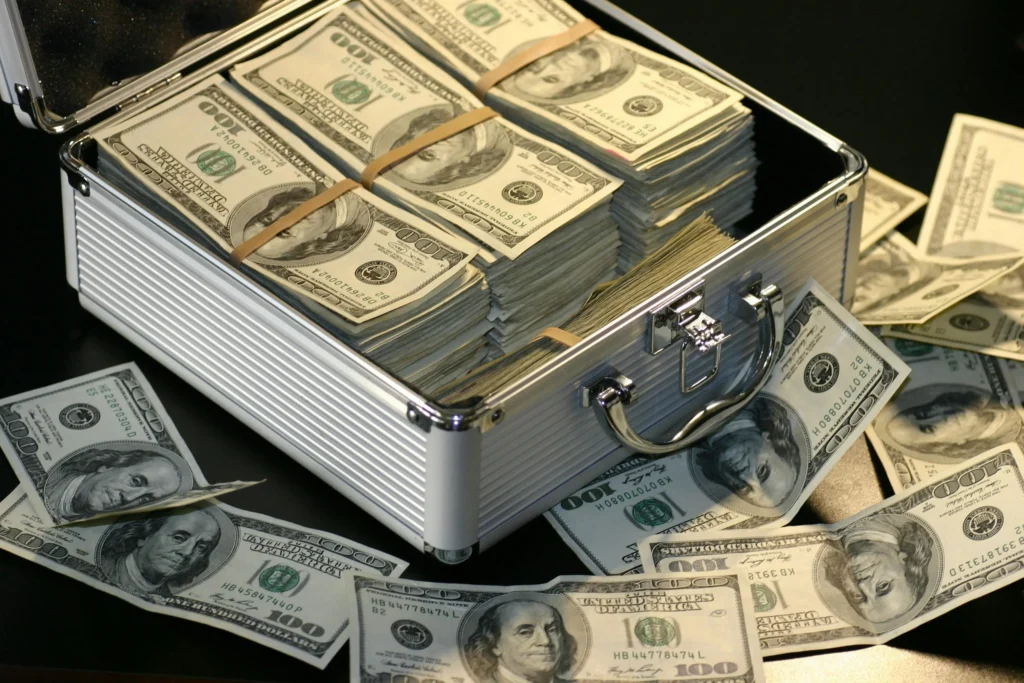August 30, 2025 | Dubai, UAE: Dubai Court of Appeal escalated the financial penalty in the high-profile Abu Sabah Money Laundering Case to Dh150 million, thus reaffirming their stance against large-scale financial crimes. Indian industrialist Balvinder Singh Sahni (Abu Sabah), is being imposed with one of the most significant penalties in the history of the UAE.
The appellate court maintained the first decision regarding a five-year jail term, personal fine of Dh500,000, and deportation after the completion of the sentence. The Abu Sabah Money Laundering Case, wherein 33 defendants were charged with laundering illegal funds via shell companies, and conducting suspicious transfers, has witnessed serious progress.
New Pronouncement on Sentences Confirmed by the Court

The case concerning the Abu Sabah Money Laundering affair elicited a great deal of public interest in connection with the gigantic scale of activities and the profile of the main defendant, who was previously a well-known person in the elite social circles of Dubai. The law enforcement officials found out that Sahni and his partners had set up a corporate network through which they were laundering illegal money in the UAE and outside it as well.
The theft of Dh150 million in criminal proceeds will be carried out, as well as confiscation of electronic devices, phones, and any other types of property related to the case. Each of the three businesses involved in the scam was affected by the imposition of a separate Dh50 million fine.
In the beginning, the Dubai Criminal Court had handed down a verdict against Sahni, his son and 31 other people, with 11 of them sentenced without their presence to five years in prison. The others were given one-year jail terms and minor fines. The defendants took the issue to court, claiming their arrests were illegal and the case was about unapproved crypto trading and not money laundering.

But the court after the trials conducted, the judges found the majority of the appeals invalid and ordered the appellants that the money should be divided among them to pay the Dh150 million fine. The ruling strengthens the UAE’s resolve in fighting money laundering and financial crimes through cases that generate widespread media attention, such as the Abu Sabah Money Laundering Case.
Under the Lens of Hype and High Society in The Abu Sabah Money Laundering Case
The Abu Sabah Money Laundering Case hasn’t just been about financial crimes, the case has revealed Sahni’s luxurious lifestyle too. As an emblem of his luxurious life, Sahni at one stage, attracted attention over the $9.1 million (Dh33 million) he spent in 2016 to buy the VIP single-digit number plate “5” of Dubai.
His Palm Jumeirah villa, which was adorned with gold-plated interiors, at one time highlighted an indoor black Bugatti as a protection against the “evil eye.” Sahni kept mentioning “fortunate” numbers as well as his liking of the color blue and his trust in using symbols for protection.

During his leadership as the head of RSG Group, Sahni was spotted dressed in the traditional Emirati look along with a baseball cap. He had no hesitation in openly saying that his mother’s prayers were the reason for his success. Among the rich people born in Kuwait, he made his first million in the automotive spare parts and tires industry prior to moving to Dubai in 2006.
The Abu Sabah Money Laundering Case ruling is a metaphor of the gradual downfall of the man’s fame, which was once noticed by Dubai’s elite, for his extravagant lifestyle and deals. The court’s verdict of prolonging his jail term, deportation execution, and holding all defendants accountable for the Dh150 million fine jointly sum up the extent of the offense.
The authorities confirmed again that they would not relax their stance against financial crimes; the Ministry of Justice declared the Abu Sabah Money Laundering Case as a warning sign for those who want to cheat the UAE financial markets by unlawful gains.
Also Read: UAE National Development Accelerated by Emirati Women’s Remarkable Achievements














